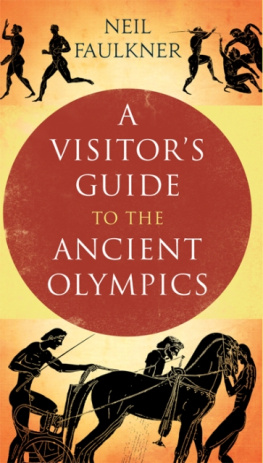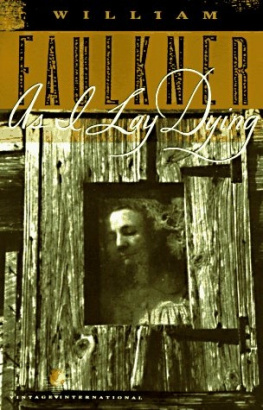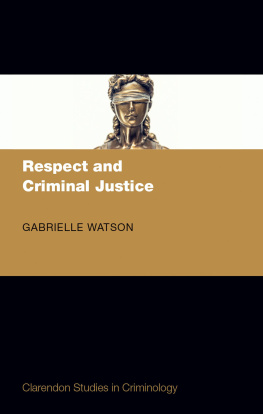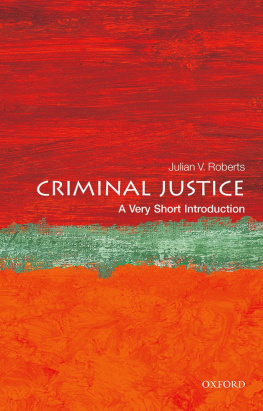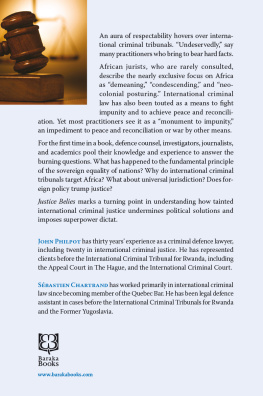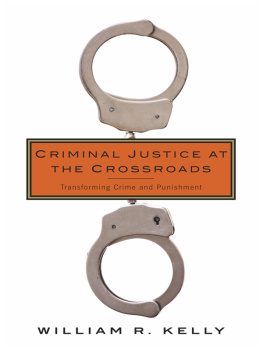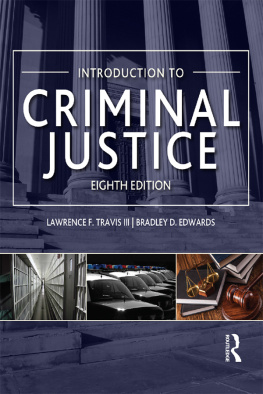

First published in Great Britain in 2012 by
The Policy Press
University of Bristol
Fourth Floor
Beacon House
Queens Road
Bristol BS8 1QU
UK
t: +44 (0)117 331 4054
f: +44 (0)117 331 4093
tpp-info@bristol.ac.uk
www.policypress.org.uk
The Policy Press 2012
North America office:
The Policy Press
c/o The University of Chicago Press
1427 East 60th Street
Chicago, IL 60637, USA
t: +1 773 702 7700
f: +1 773 702 9756
e: sales@press.uchicago.edu
www.press.uchicago.edu
British Library Cataloguing in Publication Data
A catalogue record for this book is available from the British Library.
Library of Congress Cataloging-in-Publication Data
A catalog record for this book has been requested.
ISBN 978 1 84742 891 2 paperback
ISBN 978 1 84742 892 9 hardcover
The right of David Faulkner and Ros Burnett to be identified as authors of this work has been asserted by them in accordance with the Copyright, Designs and Patents Act 1988.
All rights reserved: no part of this publication may be reproduced, stored in a retrieval system, or transmitted in any form or by any means, electronic, mechanical, photocopying, recording, or otherwise without the prior permission of The Policy Press.
The statements and opinions contained within this publication are solely those of the authors and not of the University of Bristol or The Policy Press. The University of Bristol and The Policy Press disclaim responsibility for any injury to persons or property resulting from any material published in this publication.
The Policy Press works to counter discrimination on grounds of gender, race, disability, age and sexuality.
Cover design by Qube Design Associates, Bristol
Front cover: image kindly supplied by iStock.com
Printed and bound in Great Britain by TJ International, Padstow
Readers Guide
This book has been optimised for PDA.
Tables may have been presented to accommodate this devices limitations or/and use scroll function for a complete review of the tables as and where needed.
Image presentation is limited by this devices limitations.
The Wind and the Sun
The Wind and the Sun were disputing which was the stronger. Suddenly they saw a traveller coming down the road, and the Sun said: I see a way to decide our dispute. Whichever of us can cause that traveller to take off his cloak shall be regarded as the stronger. You begin. So the Sun retired behind a cloud, and the Wind began to blow as hard as it could upon the traveller. But the harder he blew the more closely did the traveller wrap his cloak round him, till at last the Wind had to give up in despair. Then the Sun came out and shone in all his glory upon the traveller, who soon found it too hot to walk with his cloak on.
Kindness effects more than severity.
Aesop (sixth century B.C.) Fables ,
retold by Joseph Jacobs
About the authors
David Faulkner has been a senior research associate at the University of Oxford Centre for Criminology since 1992, where he has written and lectured on various aspects of criminal justice and public service reform. He was a Fellow of St Johns College Oxford from 1992 until 1999, and he has been a trustee or adviser to several national and local charities. He served in the Home Office from 1959 until 1992, with tours of duty in the Prison and Police Departments, and was seconded to the Cabinet Office in 1978-80. He became Director of Operational Policy in the Prison Department in 1980 and Deputy Secretary in charge of the Criminal and Research and Statistics Departments in 1982, and was involved in most of the reforms of criminal justice during that period. His book Crime, State and Citizen: A Field Full of Folk was published in 2001 (second edition 2006), and he has written numerous articles in journals and chapters in edited collections. He was appointed CB in 1985.
Ros Burnett obtained her doctorate in social psychology from the University of Oxford and was a probation officer and a relationship counsellor before entering criminal justice academia. She is a research associate of the University of Oxfords Centre for Criminology where she was Reader in Criminology and contributed to the teaching programme of postgraduate students. Her research has encompassed probation, youth justice and prisons, the unifying theme being processes that support the efforts of ex-offenders to desist from further crime. Her publications include Accounting for Relationships (with McGhee and Clarke; Methuen, 1987), Fitting Supervision to Offenders (Home Office, 1996), Joined-up Youth Justice (with C. Appleton; Russell House, 2004) and What Works in Probation and Youth Justice (with C. Roberts; Willan, 2004). She is a member of the editorial board of the International Journal of Offender Therapy and Comparative Criminology .
Acknowledgements
A book of this scope is an ambitious undertaking. We embarked on it with some trepidation but in the knowledge that we had a rich bank of academic sources on which to draw, as the long list of references will testify, and some very knowledgeable colleagues who generously allowed us to consult them and offered advice.
In particular, we are grateful to Graham Towl, Professor of Psychology and Deputy Warden of Durham University, for his collaboration in drawing up the book proposal submitted to The Policy Press and for his insights and ideas on prisons and public service reform more generally. We are also grateful to John Halliday, whom we consulted in preparing .
The book has benefited from our discussions with colleagues and students at the Centre for Criminology at the University of Oxford, from interdisciplinary seminars and from access to the rich electronic and library resources of the University of Oxford. We thank Ian Loader, Director of the Centre for Criminology, and Julian Roberts, Assistant Director, for their enduring support.
The following have helped one or both of us over the years more than they may know whether by their encouragement or by the acuity of their writing, and sometimes both: Catherine Appleton, John Croft, Mara-Cristina Dorado, David Downes, Mike Hough, Alison Liebling, Shadd Maruna, Rod Morgan, Anne Owers, Andrew Rutherford, Alisa Stevens, Lucia Zedner. Other sources of experience and ideas have included the Thames Valley Partnership and the conferences, seminars and publications of various national voluntary organisations concerned with offenders, victims and their families, too numerous to mention individually.
We thank Alison Shaw, Director of The Policy Press, and Laura Greaves, Production Editor, for their flexibility and guidance, and their colleagues Hilary Brown, Jenny Hinchliffe, Jane Horton and Kathryn King, for their efficiency and helpfulness.
Last but by no means least, we warmly thank our families and friends for their encouragement and some lively debates about crime control and criminal justice. From the second author, special thanks go, as always, to Peter Burnett for his unfailing support. The first author especially thanks Sheila Faulkner for her constant patience and reassurance, and for reading through successive drafts and checking them for mistakes and intelligibility.






